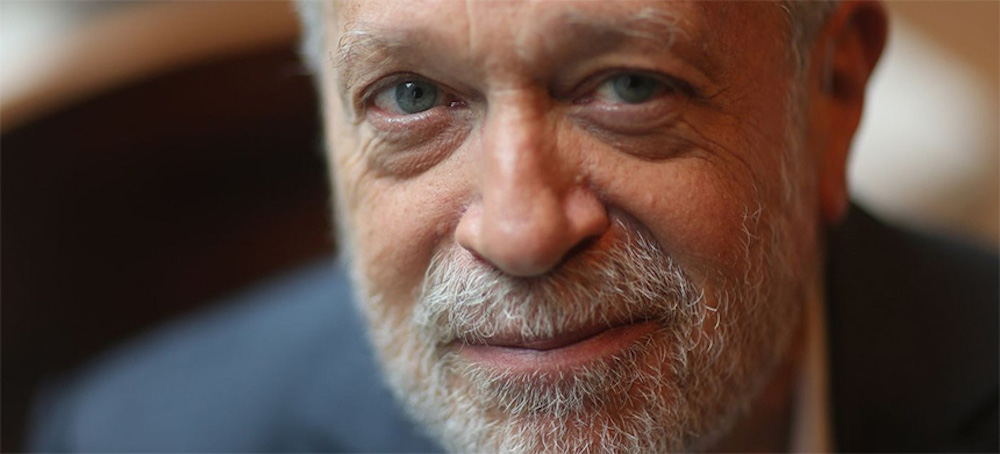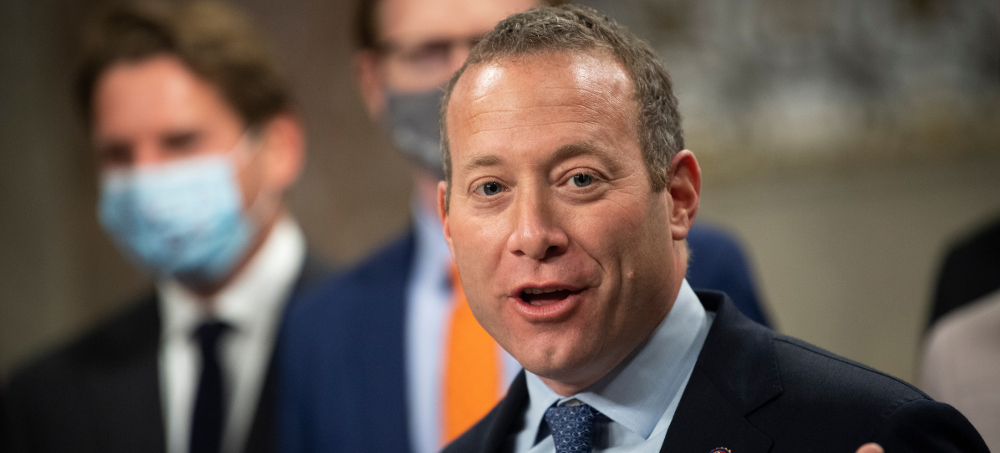Live on the homepage now!
Reader Supported News
The sole reason the ‘carried interest’ loophole survives is fierce lobbying by the private equity industry
Barack Obama promised to get rid of the loophole. He failed. So, remarkably, did Donald Trump. Guess what happened? Nothing.
“I don’t know what happened,” said Larry Kudlow, the conservative economist who crafted Trump’s campaign tax plan. “I don’t know how that thing survived,” he said, adding, “I’m sure the lobbying was intense.”
Now that Democrats are trying to find ways to finance President Biden’s Build Back Better package, you might think that the carried interest loophole would be high on their list. After all, closing it could raise $180bn over 10 years. That’s $180bn that could go toward supporting vulnerable Americans and investing in America’s future.
Think again. The loophole – which treats the earnings of private equity managers and venture capitalists as capital gains, taxed at a top rate of just 20%, instead of income, whose top tax rate is 37% – remains as big as ever. Bigger.
Influential Democrats, such as House ways and means committee chair Richard Neal, argue that closing the loophole would hobble the private equity industry, and, by extension, the US economy. Neal’s ways and means committee wants only to require private equity firms to hold assets for slightly longer than they do now in order for their managers to qualify for the loophole.
The truth is there’s zero economic justification for retaining this loophole. Private equity firms borrow money to buy companies they see as ripe for turnarounds – where they can cut wages, outsource jobs, strip assets – and then resell what’s left, often laden with debt. The firms don’t risk their partners’ own capital. Instead, they charge their investors a management fee of 2% and keep 20% of future profits that their investments generate – which is known as “carried interest”. (Fourteenth-century Italian ship captains were compensated in part with an interest in whatever profits were realized on the cargo they carried.)
The sole reason the loophole survives even during Democratic Congresses, is fierce lobbying by the private equity industry – and the dependence of too many Democrats on campaign funding from the partners of private equity and hedge funds.
“This is a loophole that absolutely should be closed,” said Biden adviser Jared Bernstein. But “when you go up to Capitol Hill and you start negotiating on taxes, there are more lobbyists in this town on taxes than there are members of Congress.”
Last year 4,108 individual lobbyists formally registered to lobby Congress and the executive branch on taxes, according to the Open Secrets lobbying database. It’s likely that hundreds more work to influence federal tax policy on behalf of clients but have not formally registered as lobbyists.
The private equity industry spends millions of dollars on lobbyists to fight any effort to change how it is taxed. It has contributed hundreds of millions of dollars to congressional campaigns – $600m over the past decade, according to a New York Times analysis earlier this year.
During the 2020 election, Biden’s presidential campaign received over $3m from people working in private equity and related types of investment funds, according to data from the nonpartisan Center for Responsive Politics. Biden was the top recipient of campaign money from that industry in the last campaign cycle. All told, nearly 60% of campaign donations from those in the private equity industry during the 2020 election went toward Democratic candidates for federal office.
In 2010, House Democrats squeaked through a tax plan that closed the loophole, but Democrats who controlled Senate wouldn’t go along. Senator Charles Schumer was among those who argued against closing it. The United States, he said, “should not do anything” to “make it easier for capital and ideas to flow to London or anywhere else”. As if Wall Street needed billions in annual bribes to stay put.
When I publicly criticized Schumer for this, he explained to me that he didn’t think it fair to close the loophole for private equity and hedge fund partners but to leave it in place for other partnerships, such as housing developers.
Well, one person’s view of fairness may differ from another’s. But I don’t think there’s any question that the carried interest loophole is unfair to everyone except the fabulously rich who benefit from it.
Democrats must close this loophole. Now.
Follow us on facebook and twitter!
PO Box 2043 / Citrus Heights, CA 95611




